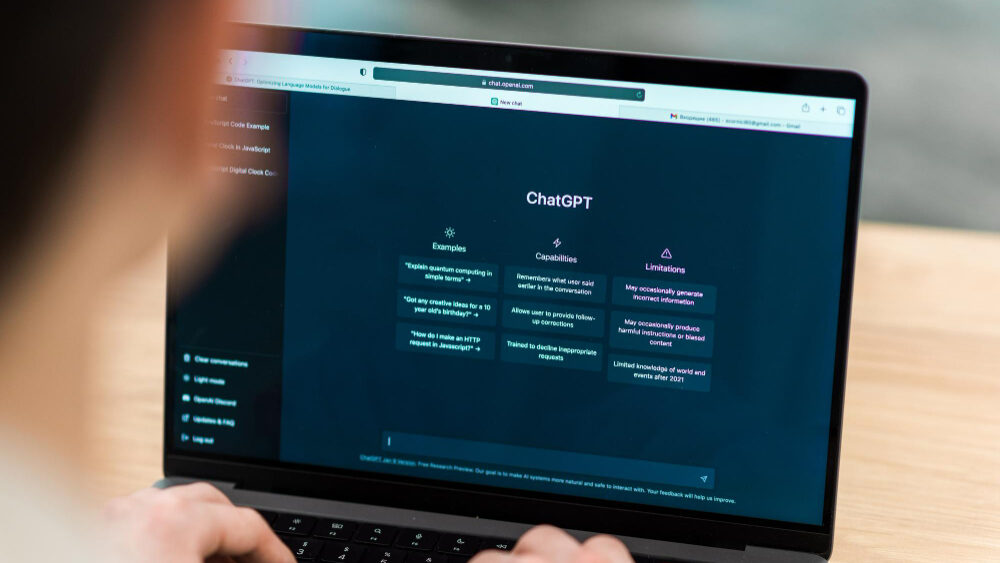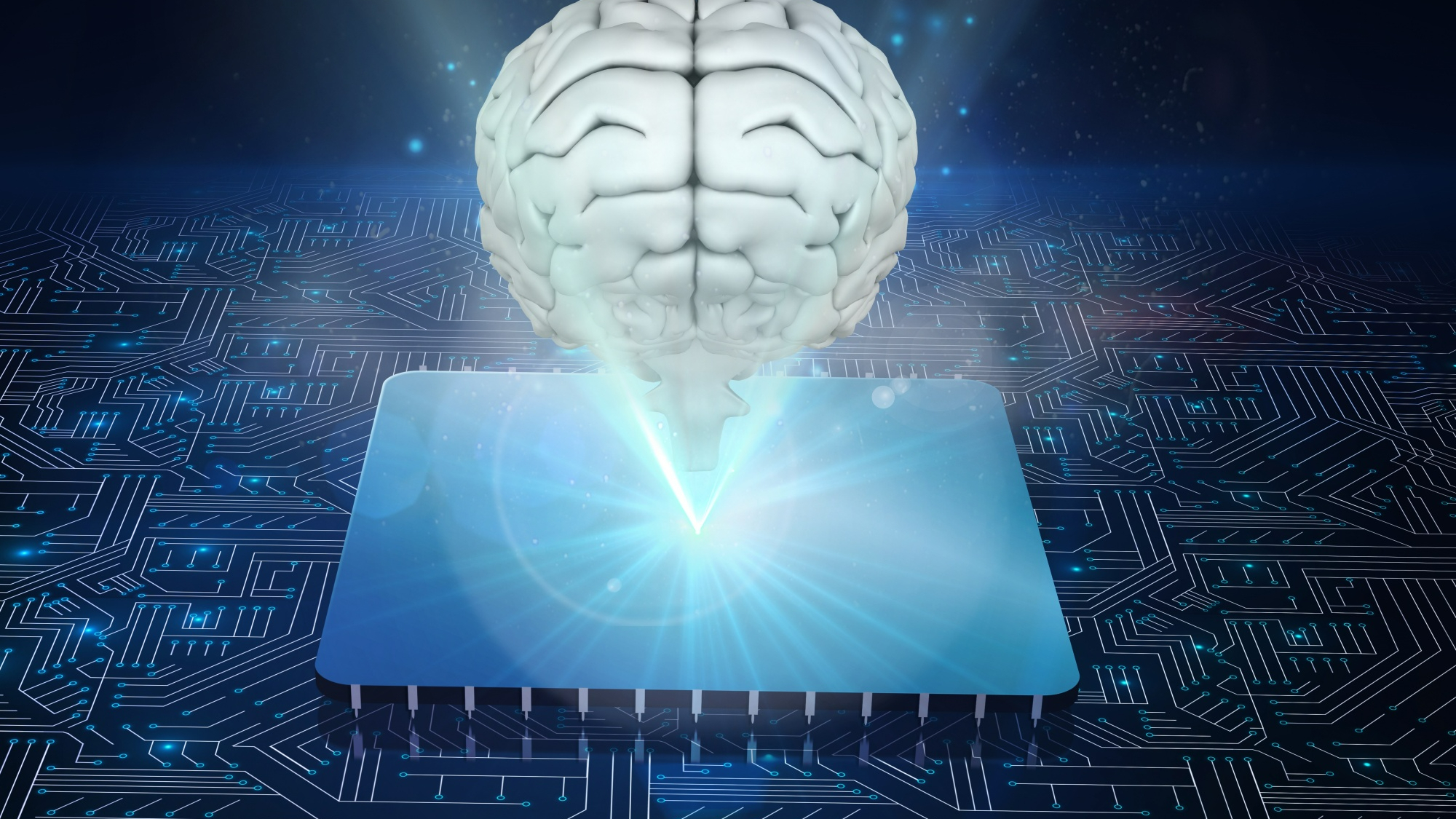OpenAI, a leading artificial intelligence research lab, has recently introduced a significant update to its ChatGPT product. The inclusion of memory capabilities in ChatGPT offers a new level of personalization and contextual relevance in AI conversations, as reported by Ryan Daws on Artificial Intelligence News. As a leader in providing custom GPT services, AI First eagerly embraces this development and the exciting implications it holds for our clients.
ChatGPT, a conversational model developed by OpenAI, is renowned for its ability to generate human-like text based on the input it receives. The introduction of memory capabilities is set to enhance this model’s utility considerably. This new feature allows ChatGPT to recall details from previous chats and apply this stored information to provide more relevant and personalized responses. For instance, ChatGPT can remember a user’s preferred meeting note format, tailor birthday card suggestions based on a user’s interests, or apply a user’s chosen tone and voice when drafting blog posts.
AI First has already begun integrating this feature into its custom GPT offerings. We believe that the memory feature will revolutionize the way our custom GPTs interact with users, offering a more personalized and efficient user experience.
OpenAI has ensured that users can control ChatGPT’s memory. They can turn it off entirely if desired or selectively delete memories or clear all memories through ChatGPT’s settings. It’s important to note that memories evolve based on interactions and aren’t tied to specific conversations.
For enterprises and teams, this memory feature can lead to more efficient workflows by retaining user preferences, styles, and past context. Account owners can disable memory for their entire organizations if needed. This flexibility allows businesses to tailor the use of AI technology to their specific needs and comfort levels.

ChatGPT’s memory capabilities also extend to third-party Generative Pre-trained Transformers (GPTs) built on top of the platform. This means that developers can choose whether to enable memory for their GPT bots, offering an additional level of customization for AI services.
OpenAI is aware of the potential biases with memory and aims to avoid ChatGPT proactively remembering sensitive user details without explicit permission. Additional privacy and safety considerations are being evaluated during this early preview period. AI First echoes these concerns and is committed to ensuring the privacy and safety of all users of our custom GPT services.
For now, only a small portion of free and paying ChatGPT users will have access to this memory feature. However, OpenAI plans to share more details about a broader rollout of ChatGPT’s memory capabilities soon.
As AI First continues to provide custom GPT services to businesses, we’re excited about the potential of this new feature. We believe that the addition of a memory capability to our custom GPTs will transform how businesses interact with AI, allowing for more personalized, efficient, and contextually relevant interactions.
We’re looking forward to discovering how the memory feature can be leveraged to provide even more value to our clients. Whether it’s remembering a client’s preferred tone in communication or recalling past interactions to provide more relevant responses, the possibilities for enhanced user experiences are endless.
At AI First, we’re dedicated to staying at the forefront of AI developments. The introduction of memory capabilities in ChatGPT is just one example of how we’re integrating the latest AI advancements into our services to provide our clients with the most effective and innovative AI solutions.

